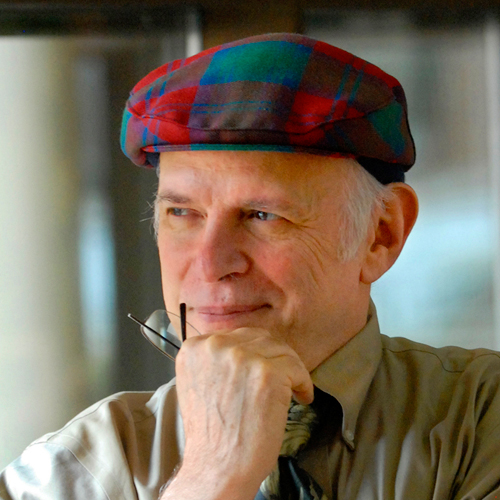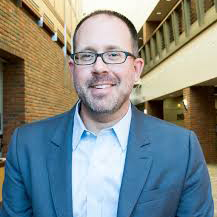
Supporters of Republican presidential candidate Donald Trump wait in line to enter a campaign rally at the Holiday Inn Express hotel on March 29, 2016 in Janesville, Wisconsin. (Photo by Scott Olson/Getty Images)
It’s an old tradition in American democracy: debating how to define it. The elite has a strong penchant for tarring citizens who make noise as a “mob” or a “rabble” and Donald Trump brings out that tendency in full force.
— Thomas Jefferson
In Federalist Paper #10, James Madison argued that elected officials, “a chosen body of citizens,” make decisions “more consonant to the public good than if pronounced by the people themselves.” Thomas Jefferson countered in a letter to W.C. Jarvis, “I know of no safe depository of the ultimate powers of the republic than the people themselves,” adding that if “the people” acted with indiscretion the remedy was education.
The debate continued through the 20th century. In the 1920s, journalist Walter Lippmann argued that in an era of mass culture, complex problems and mass consumption, the people could not be trusted. He believed that in the modern era, control by trained technocrats offered the best hope for governance of modern societies. Lippmann’s contemporary John Dewey countered with the idea that America is not only a republic of voters, but the home of a democratic “way of life,” rooted in schools and many other institutions. Views similar to Dewey’s, of democracy as a “way of life” which needs continual deepening in cultural, social and economic dimensions as well as electoral ones, animated broad movements across the 20th century like the Nonpartisan League in the Midwest, feeding the populist politics and people’s movements of the Great Depression, and the civil rights movement of the 1950s and 1960s.
Donald Trump’s recent success gives this old debate new life. Last week in The New York Times, managing editor James Traub argued that Trump represents the “resentment and fear” that “actuate the mob lying dormant in the crowd.”
To be sure, Trump’s array of ugly prejudices and his adolescent self-absorption are signs of profound dysfunction in the nation’s culture. But those who support Trump include many of those whom founders like Jefferson saw as the safeguard of liberty and architects of a democratic way of life. Traub and others who fear “we the people” democracy are simply resurfacing the preference for elite rule. Traub proposes that “democracy is a transaction between leader and led.” Yet elites in recent years show little evidence of a Madisonian concern for the public good.
In fact, Trump is the outcome of a long process which has weakened institutions where people from diverse backgrounds once interacted: civic associations, neighborhood schools, union groups and locally oriented businesses. The process has been accompanied by an increasingly Manichean tone which casts politics as a fight between good and evil. Trump can be seen as a media-savvy celebrity delivering a food fight. Many voters understand that the nation’s political culture defines them as little more than unthinking consumers of media and messaging.
In turn, they rightly see political speech wedded to wealth. When Trump notes that his opponents are bought and paid for, he’s right. One of his former adversaries — Ben Carson — even openly wondered if his own campaign was a scam to line political operatives’ pockets. No wonder many believe that the political process so beloved by the establishment is little more than a charade to disguise the ever-growing power of elites. As Thomas Frank observes in his new book, Listen Liberal, while the Republicans are in thrall to big business, the Democrats have become dominated by white collar professionals who tout a meritocracy.
When political leaders treat voters as consumers it makes the people feel more powerless and devalued than ever. Pundits can’t see it, but the American people know it. Energized by Trump’s rejection of politics-as-usual, many forgive his innumerable foibles. They love him for what they see as authenticity and his entertainment. This coarse billionaire becomes, for many, “speaking truth to power.”
Instead of assuming that citizens consume politics like they consume products, we need to revive the idea that democracy is rooted in the capacity of regular citizens to do its work — wherever they find themselves — across differences to solve common problems and meet our mounting challenges.
This means revitalizing the settings where people learn how to do such work, and create new schools of democracy for the 21st century. It also means remembering that “we the people,” not any elite, are democracy’s architects. This is the democracy, deeply rooted in the American experience, that has animated our best moments of crisis and challenge and advance.
A politics which calls us to the work of democratic reconstruction is the way to defeat Donald Trump and all his ilk – and the only way to “Make America great again.”
The views expressed in this post are the author’s alone and presented here to offer a variety of perspectives to our readers.





